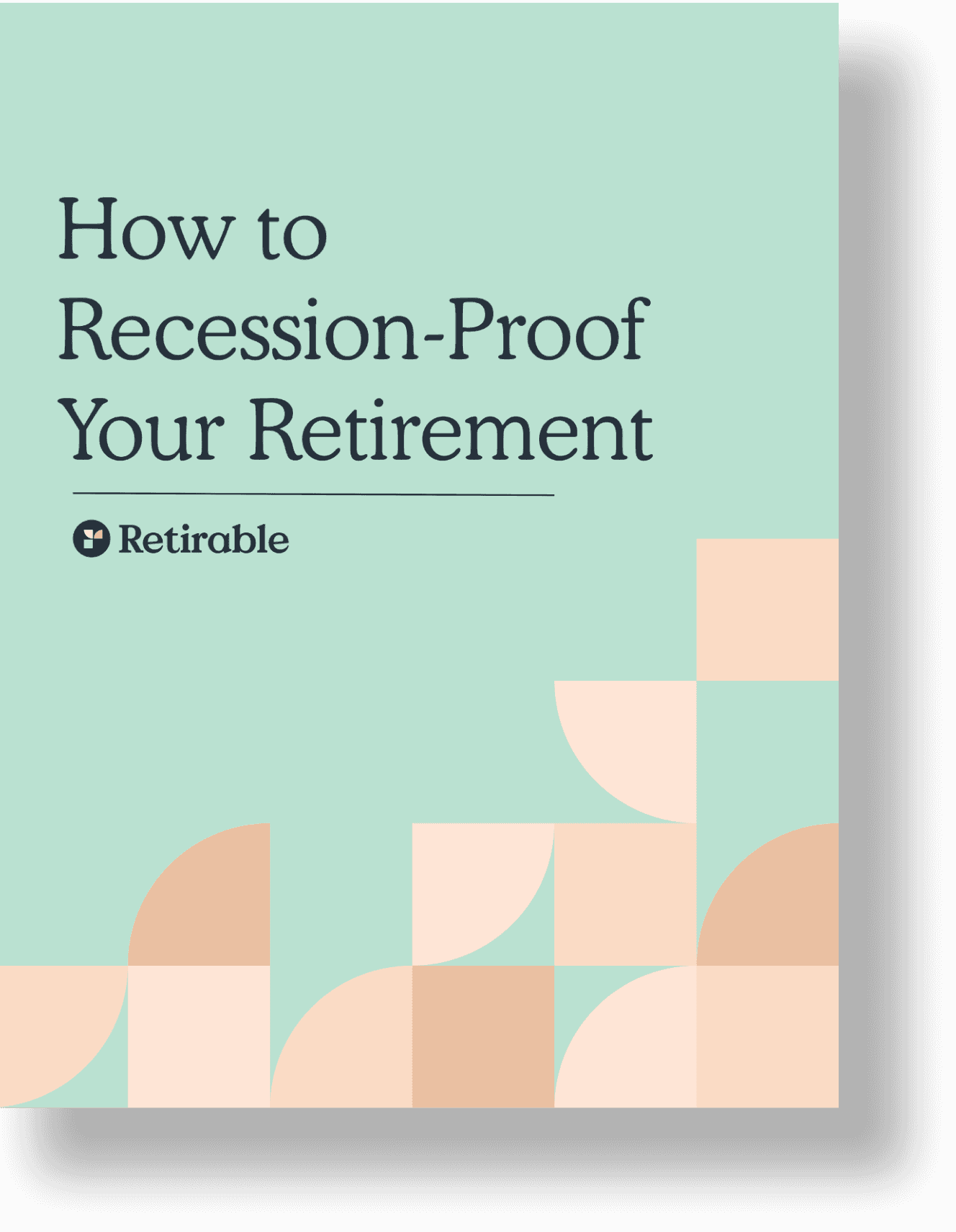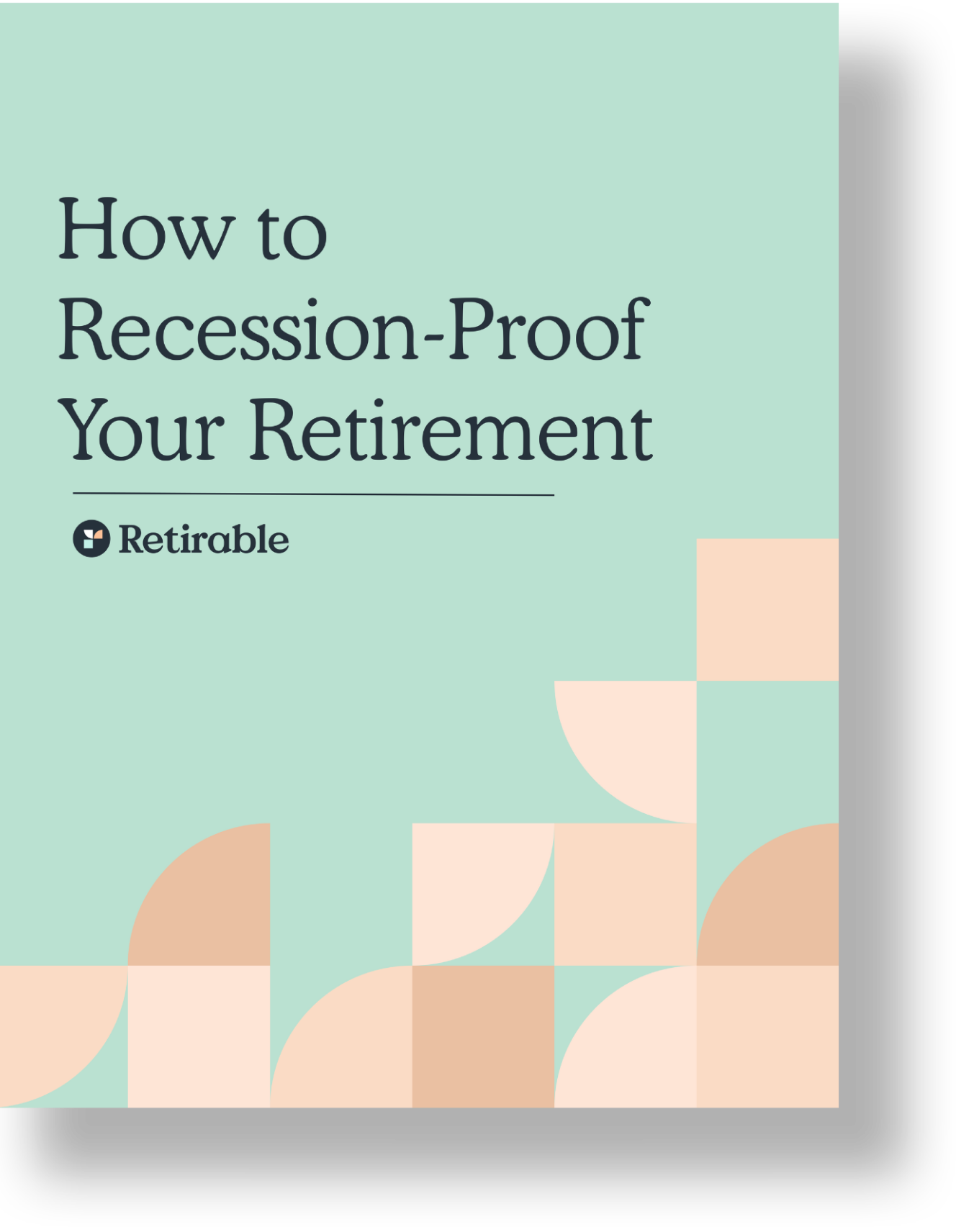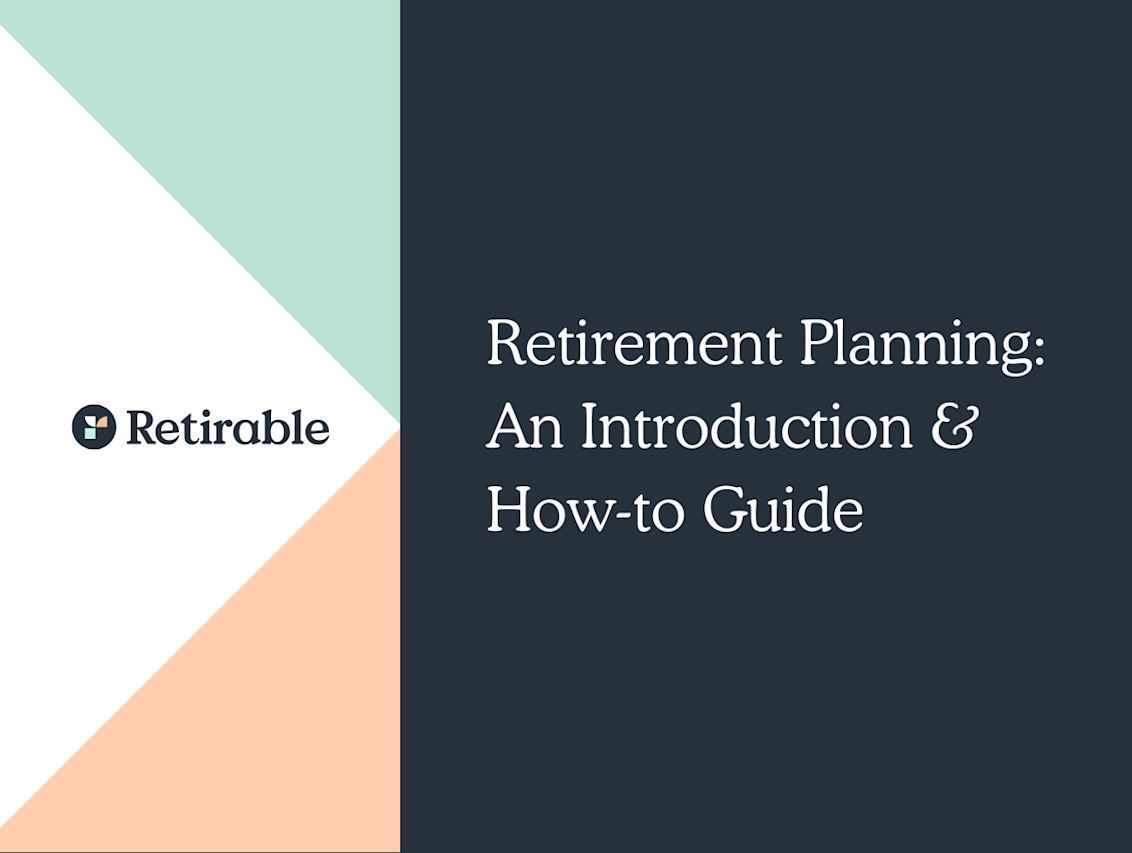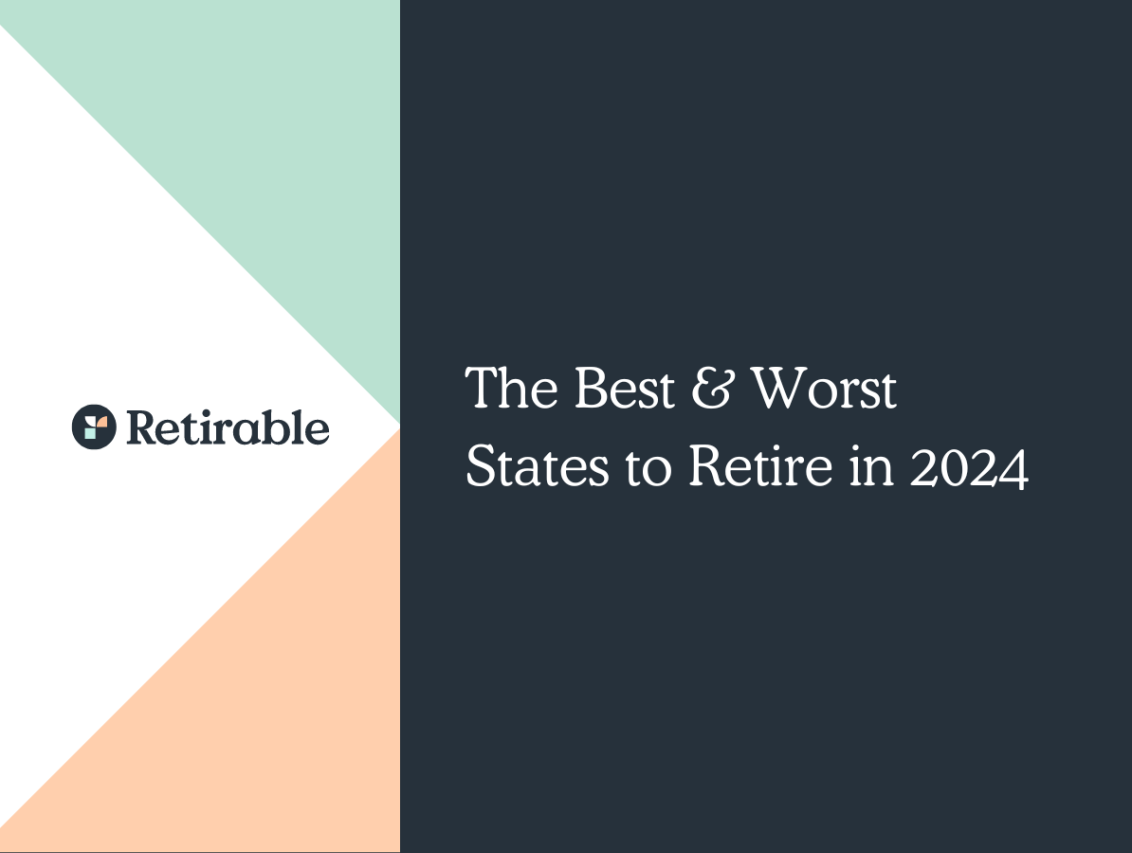Social Security
Choosing when to take your Social Security benefits can be a complicated and weighty decision for many Americans. In this guide, we will explore the core factors you need to consider before deciding when to claim your benefits, including the implications of early payments versus waiting until you reach Full Retirement Age (FRA).

C.E Larusso
•
Published December 8th, 2023
Table of Contents
Key Takeaways
For most people either at or close to retirement, Full Retirement Age is 66—this is when you can receive 100% of your benefit amount
Waiting beyond age 66 means receiving an even larger benefit; the government pads your amount with an extra 8% per year, though you must start receiving benefits at age 70
Various factors are at play when deciding when to take your benefits, such as: life expectancy, general health, dependents, and other income sources
In 1935, President Franklin D. Roosevelt signed the Social Security Bill into law, promising a plan to assist America's retirees. Social Security functions much like a pension, providing a steady stream of income issued by the government, based on your earnings during your working years. Choosing when to take your Social Security benefits can be a complicated and weighty decision for many Americans.
Electing Social Security early can reduce the amount you receive, while delaying elections could potentially leave you cash-strapped. In this guide, we will explore the core factors you need to consider before deciding when to claim your benefits, including the implications of early payments versus waiting until you reach Full Retirement Age (FRA).
When to Start Collecting Social Security Benefits
We wish we could look into a magic ball and tell you which age would be optimal for you to take Social Security benefits but unfortunately, there are many factors that go into this decision. You’ll need to consider:
- Your current financial situation
- Your health and projected lifespan
- Whether or not you are still working
- Who is relying on you financially
Working closely with a trusted retirement advisor is one of the best ways to gauge when it will be safe to take Social Security, and know that your benefits will be enough to keep you comfortable for the rest of your life.
What is Full Retirement Age?
Full Retirement Age (FRA) is the age at which you can start receiving your full Social Security benefits. The age is different based on the year and month you were born; for those born in 1955 or earlier, FRA is 66 years and two months. FRA gradually increases to age 67 for those born in 1960 or later. You can start receiving your benefits before your Full Retirement Age—at age 62—but they will be permanently reduced. Take a look at the chart below to get an idea of how much your benefits might be reduced if you take them early:
| Birth Year | Full Retirement Age | At Age 62, $1000 Benefit Would Be Reduced By | At Age 63, Percentage Benefit Is Reduced By |
|---|---|---|---|
| 1943–1944 | 66 | $750 | 25% |
| 1955 | 66, 2 Months | $741 | 25.83% |
| 1956 | 66, 4 Months | $733 | 26.67% |
| 1957 | 66, 6 Months | $725 | 27.50% |
| 1958 | 66, 8 Months | $716 | 28.33% |
| 1959 | 66, 10 Months | $708 | 29.17% |
| 1960 and later | 67 | $700 | 30% |
Source: Social Security Administration
Electing Social Security after Full Retirement Age?
You can delay claiming your benefits after you reach your FRA, up until you turn 70—at which point you must start receiving them. For every full year that you wait to receive your benefits, the amount will increase by 8% per year, or 0.7% per month.
Every Year You Wait, Social Security Increases By 0.7 Percent Per Month
If you can wait to take your benefits until past age 67, you’ll see an increase in your benefits.
If your FRA is 66, then here’s how much your check would increase:
| Retirement Age | Percentage of Full Benefit | A $1,000 Check Becomes | A $2,000 Check Becomes |
|---|---|---|---|
| 66, 6 months | 104 percent | $1,040 | $2,080 |
| 67 | 108 percent | $1,080 | $2,160 |
| 67, 6 months | 112 percent | $1,120 | $2,240 |
| 68 | 116 percent | $1,160 | $2,320 |
| 68, 6 months | 120 percent | $1,200 | $2,400 |
| 69 | 124 percent | $1,240 | $2,480 |
| 69, 6 months | 128 percent | $1,280 | $2,560 |
| 70 | 132 percent | $1,320 | $2,640 |
You can see from the chart that there would be a sizable benefit increase if you decide to wait to collect your benefits; an extra $300–$600 every month helps pay for medical care, transportation, groceries, or can be used to save for a vacation.
Tradeoffs to Consider Before Filing for Social Security
Even though we’ve shown that waiting past your FRA to take your Social Security benefits can give you a big financial boost each month, there are reasons to take your benefits at FRA, or even earlier. Some of those might be:
- End-of-life calculation: If you wait too long, and you pass away, you won’t collect any benefits at all—taking your benefits at FRA at least ensures that you can collect some money during your life. In addition, you might want the money earlier to pay for healthcare costs if you have a chronic or terminal illness.
- You have debt: If you are saddled with high-interest debt, using your benefits to pay the debt down or pay it off earlier in life means you’ll have more take-home pay in your later years, and won’t pay as much in interest.
- You’re unable to work: Even if you’ve tried to map out a plan to retire at age 70, you might find yourself unable to work earlier. That could be because of an injury, or because you’ve been laid off, or for some other reason entirely. This might necessitate you taking your social security benefits earlier than planned.
- You’re only caring for yourself: If you are survived by a spouse, minor, or disabled child, they can receive money from the Social Security Administration after your death, depending on the amount of your benefits—usually the allotted amount is between 71–100% of your benefit amount. If no one else would benefit from your social security payments, you may wish to retire early.
- Your investments are growing fast: If you’ve invested wisely (and luckily) you might be seeing higher returns on your investments that would make it so the lower Social Security pay-out is meaningless. Make sure to factor in the inflation rate, the rate your benefits increase, and how much you expect to earn from your investment portfolio (confirm the amount with a financial advisor).
How much do you need to save?
We offer a retirement calculator where you can input your current savings, your goal retirement year, and your current age to get a snapshot of how much you might need to save.On the other hand, cashing in early means that your monthly checks will be permanently reduced. Generally, your check can be reduced by as much as 30% if you take your benefits at age 62 rather than at Full Retirement Age. Waiting until you are 65 also means that you can ensure you’re covered by Medicare—hopefully reducing your monthly medical costs.
Finally, if you are still working past 62, your benefits will be reduced if your work income exceeds the annual limit; in 2023, the amount goes down $1 for every $2 your income exceeds $21,240. In the year you reach FRA, the amount goes down $1 for every $3 your income exceeds $56,520 prior to reaching Full Retirement Age.
Keep in mind: the Social Security Administration only counts earnings up to the month before reaching your Full Retirement Age, not the earnings for the entire year. Beginning with the month you reach FRA, your earnings no longer impact your benefits, no matter how much you make. If you are earning under these limits, you could consider keeping your job and collecting social security without taking a hit on your benefit amount.
Frequently Asked Questions
Figuring out when to elect Social Security comes with a lot of questions. Here are some answers.
When do most retirees take Social Security benefits?
Recent data shows that about one-third of men and one-third of women take their benefits when they reach Full Retirement Age, which for most baby boomers retiring now is 66. According to US World and News, a slightly smaller percentage take the benefits at age 62, but since 2005, that percentage has shrunk significantly, with the majority planning to wait.
What is my Social Security break-even age?
Your Social Security break-even age (or break-even point) is when the dollar value of claiming benefits later surpasses the value of taking them earlier in life. While some studies state that it takes between 12 and 14 years to receive the same amount of dollars from delaying your payments that you would have received had you claimed at 62, to determine your break-even age, you need to consider various factors: your health, your money and savings situation, whether you choose to continue working, and if you have a spouse who would benefit from your social security.
What happens if I delay taking Social Security benefits until age 70?
For every month from your Full Retirement Age until age 70 (when you are required to take your benefits), the Social Security Administration increases your benefit amount by two-thirds of 1% (8% each year that you wait). If you reach FRA at 67, but wait to claim until you turn 70, you will see 24% added to your benefit amount.
Share this advice

A professional content writer, C.E. Larusso has written about all things home, finance, family, and wellness for a variety of publications, including Angi, HomeLight, Noodle, and Mimi. She is based in Los Angeles.
Share this advice

A professional content writer, C.E. Larusso has written about all things home, finance, family, and wellness for a variety of publications, including Angi, HomeLight, Noodle, and Mimi. She is based in Los Angeles.
Free Retirement Consultation
Still have questions about how to properly plan for retirement? Speak with a licensed fiduciary for free.






